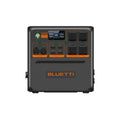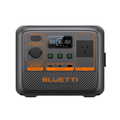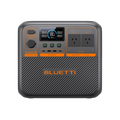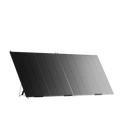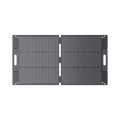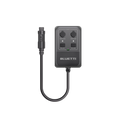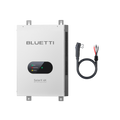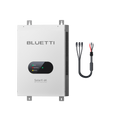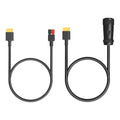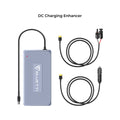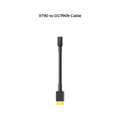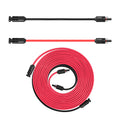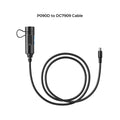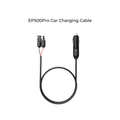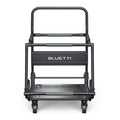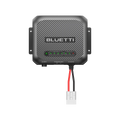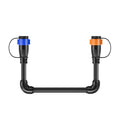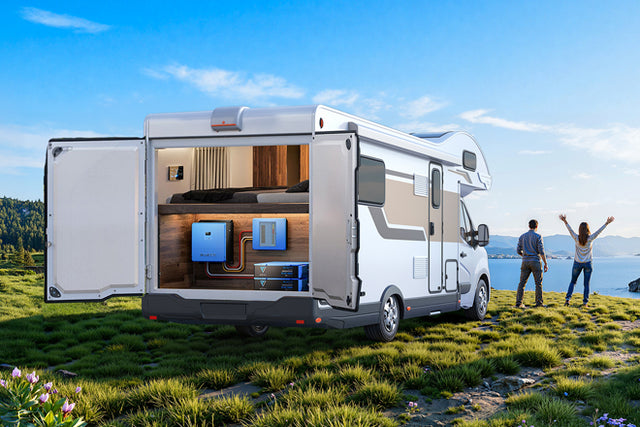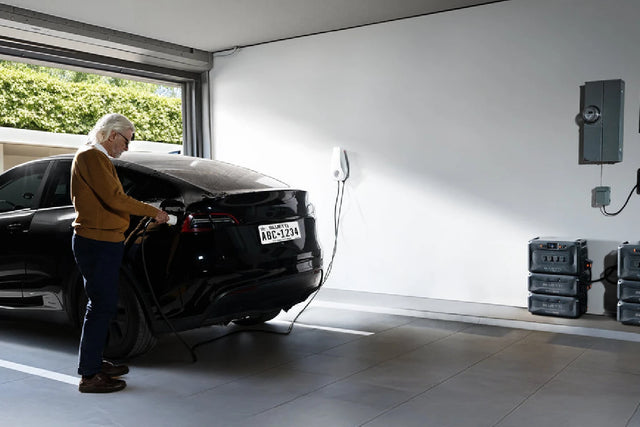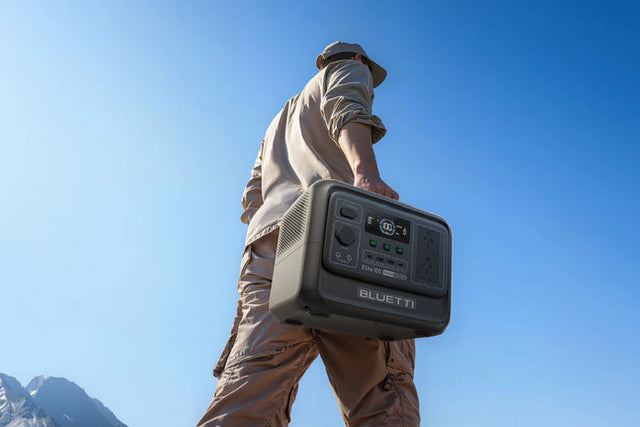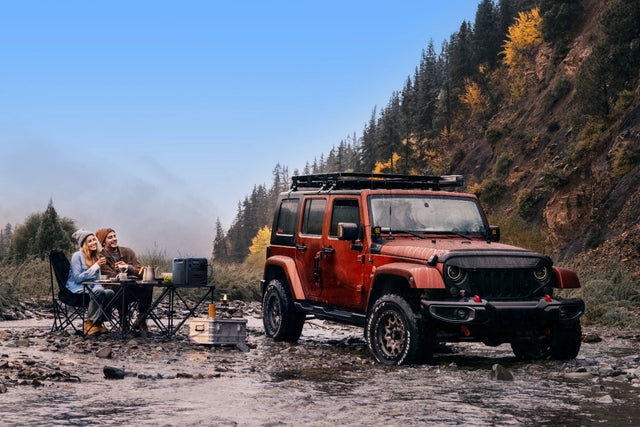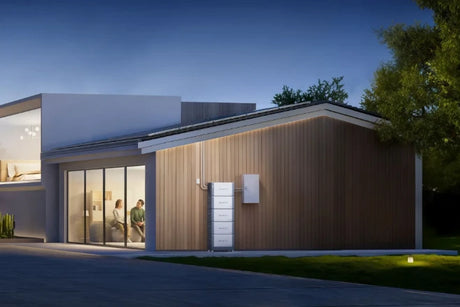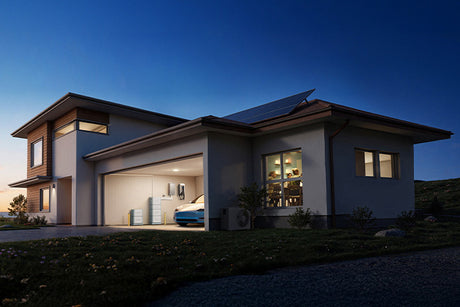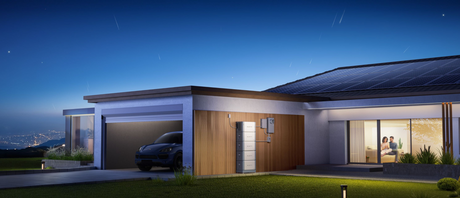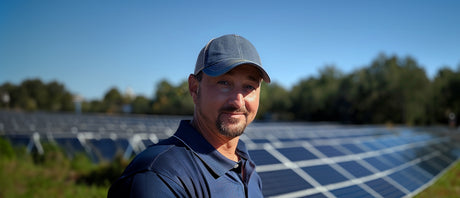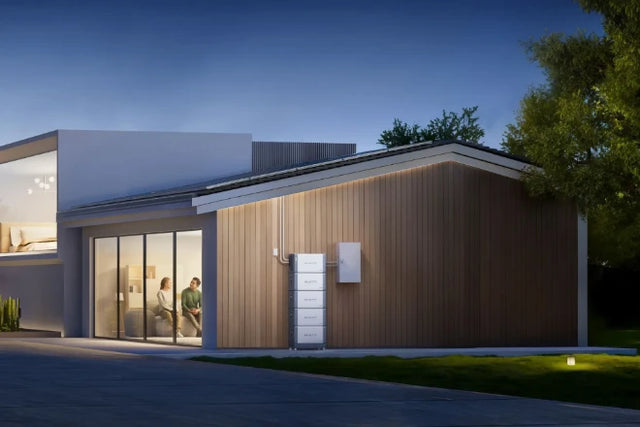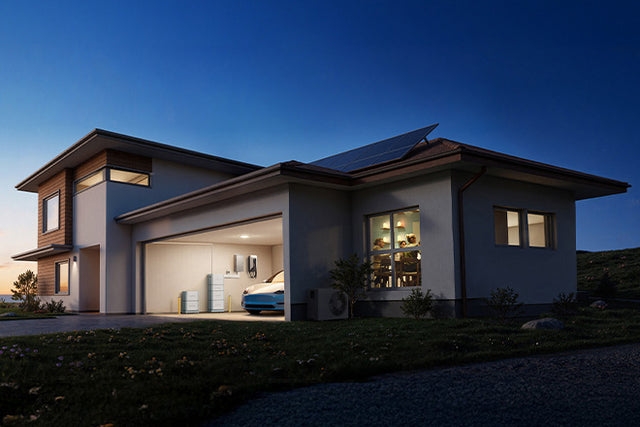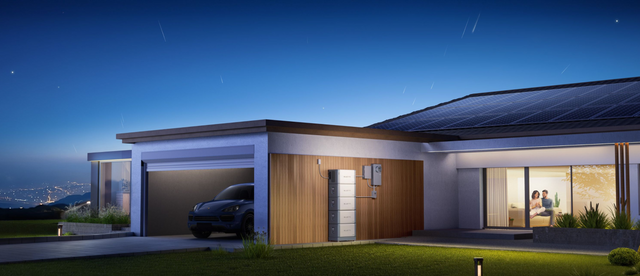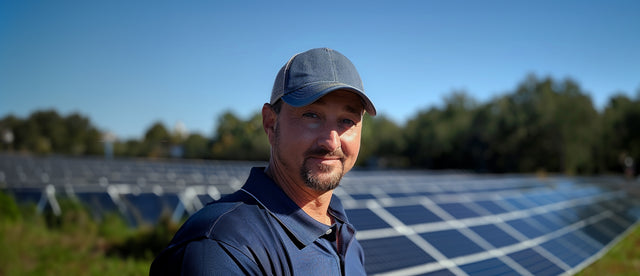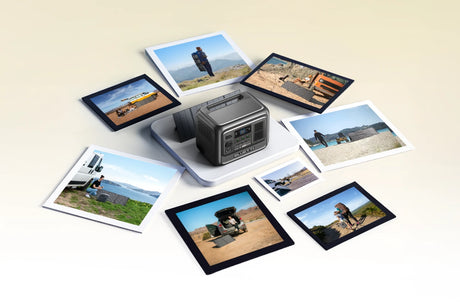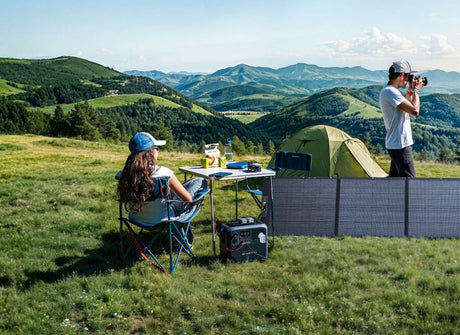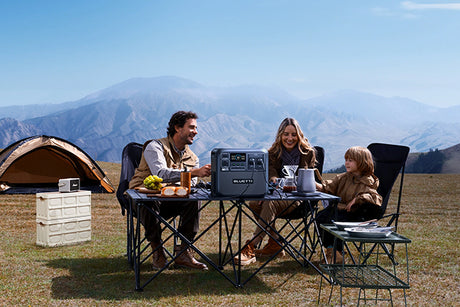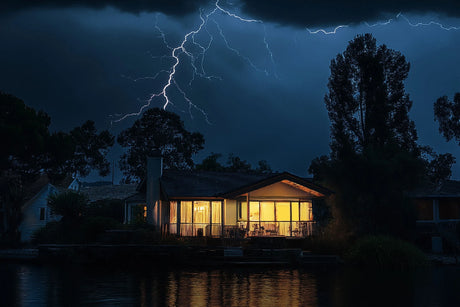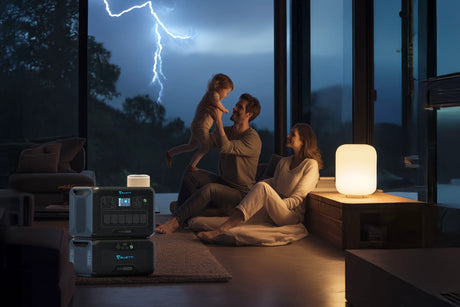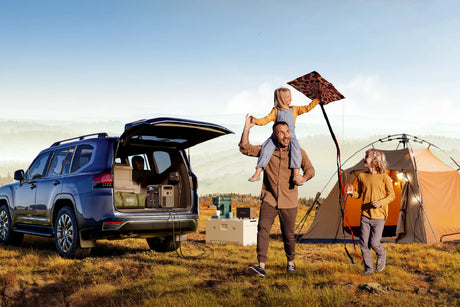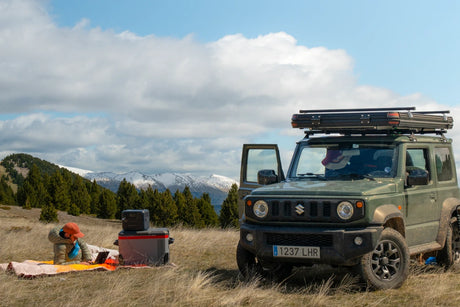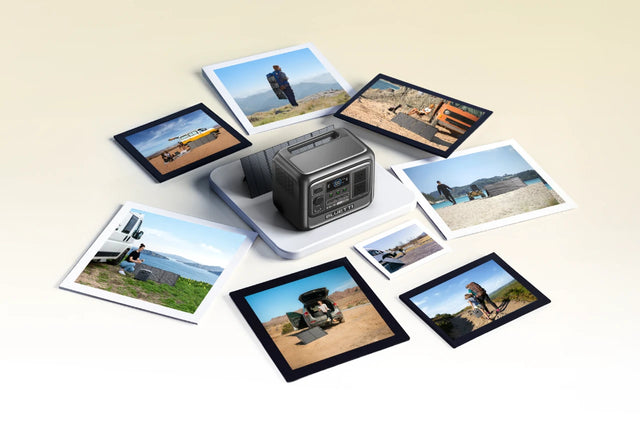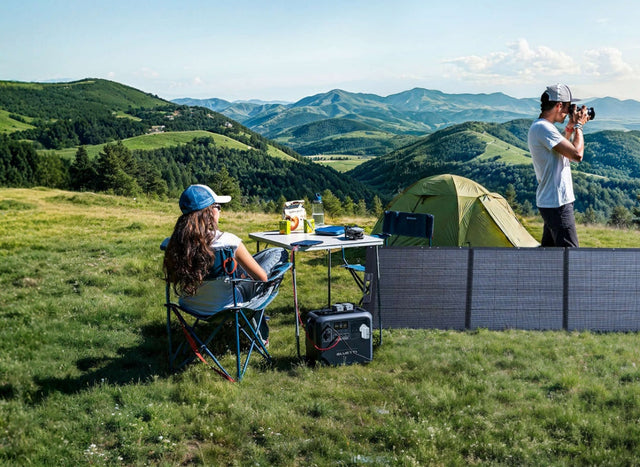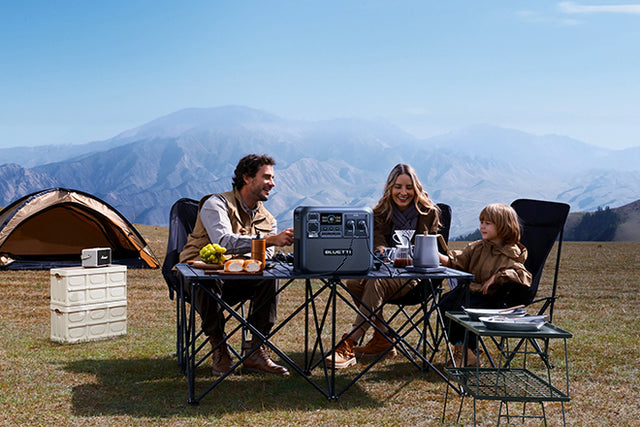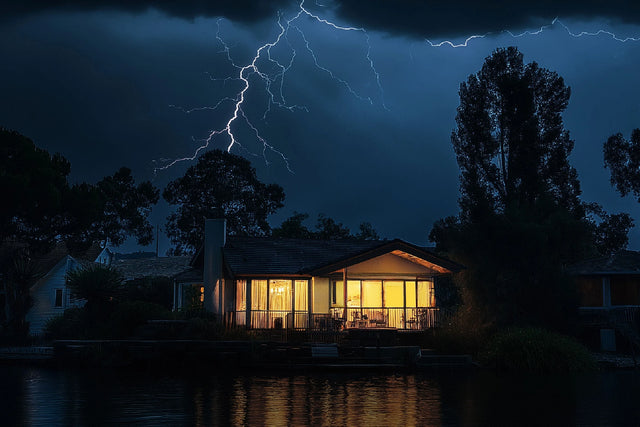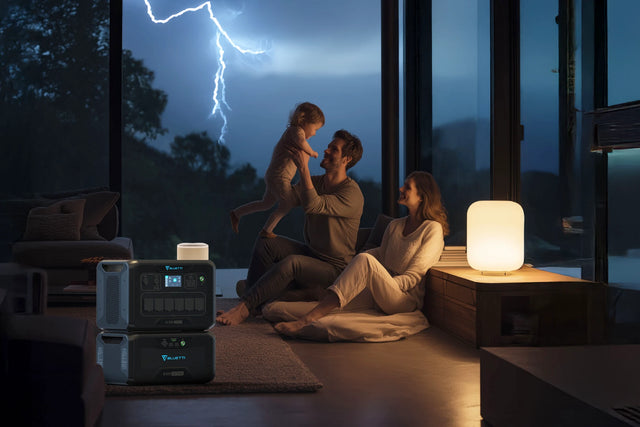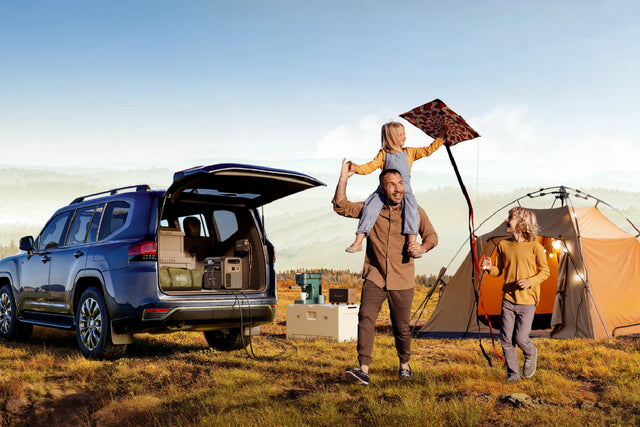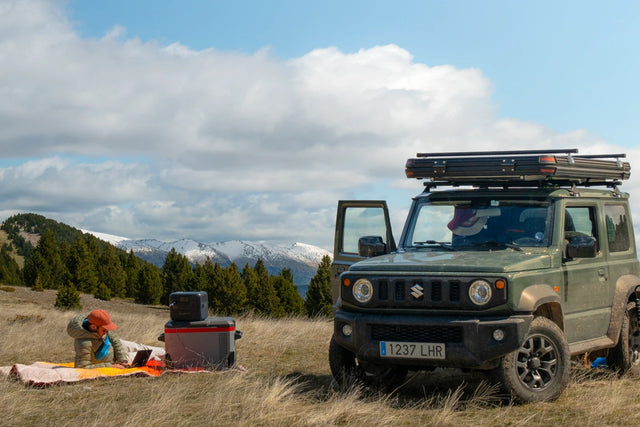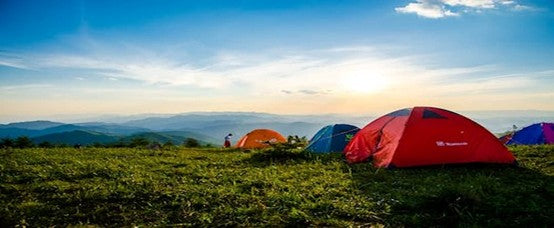Yearning for an open road adventure chasing starry nights over Australia's Blue Mountains or Tasmania's rugged Cradle Mountain? RV living is the ultimate lifestyle of adventures on wheels in style. Whether aerodynamic caravans or rugged off-road camper trailers, recreational vehicles offer freedom and recreation to make the best road trip get away.
Getting Started
What Does RV Stand For?
RV is the abbreviation of recreational vehicle – a mobile home designed for temporary residence during travel which captures the art of travelling and domestic amenities. It is an abbreviation, but it is also a way of living that allows for a view of a distant land but still having your basic needs for bedding and a kitchen tucked in the corner.
What is an RV? (Overall Category Definition)
An RV is simply any recreational vehicle for travel that comes complete with built-in living quarters. Wheeling homes that you can sleep, cook, and recline in wherever you want your journeys to lead you, the RV gives you unparalleled freedom of movement with convenience.
Dominant characteristics are:
- Independent living quarters with sleeping quarters
- Meat preparation plants, kitchen facilities
- Bicycle storage for longer trips
- Year-round comfort through climate control systems
What is a Motorhome?
Motorhomes are the RVs that have living areas built-into them - they are basically driveable homes! Motorhomes are the ideal vehicle choice for families, or couples, who want a spacious, luxurious, fully equipped home for extended travel without towing the home behind them. There is nothing to tow, therefore travelling can be spontaneous and simple through stops!
Motorhomes are also comprised of:
- Built-in motors for travelling without towing.
- Full living accommodations such as bathrooms.
- Heating and air conditioning.
- Entertainment centers and wi-fi capabilities.
What is a Campervan?
Campervans are small RV's developed on the van chassis, adapted for individuals or couples who want light-weight options to travel with. They will work best for couples, or a backpacker/group of solo's who want lightweight, fuel-efficient, light-to-move, RV's with limited space.
Advantages of campervans include:
- Better fuel economy than full-sized RV options.
- Easier parking in urban areas.
- Easier to maneuver in tight, narrow mountain roads.
- Less expensive overall maintenance.
How Are They Different? Quick Comparison
|
Feature |
RV (General) |
Motorhome |
Campervan |
|
Size |
Varies widely |
Large to massive |
Compact |
|
Driving |
Might need towing |
Self-propelled |
Self-propelled |
|
Amenities |
Basic to luxury |
Full amenities |
Essential only |
|
Best for |
Every kind of traveler |
For longer journeys |
Weekend adventures |
|
Fuel Economy |
Relies on type |
Lower MPG |
Higher MPG |
RV Classes Explained
What is an RV Class?
RV Classes categorizes motorized recreational vehicles into classes based on their size, construction, and amenities. Classes are distinguished by size, shape, and weight with six commonly referenced classes of RV's. Knowing the classes will give you a direct way to match your travelling requirements.
Class A – Coach Style Large Motorhomes
Class A RVs are equipped with everything you need, are top of the line, spacious, and will fit long trips or vacations for couples, families, or groups. Class A RVs are built on heavy duty frames and have the highest level of comfort and amenities.
Typical features are:
- 26-45 feet - length
- Multiple slide-outs to maximize living space
- Standard size appliances and furniture
- Residential bathrooms
- Large capacity storage compartments
- High-end entertainment systems
Class B – Compact Campervans
Conversely, Class B RVs typically have fridges, sleeping space, sink, toilet, shower and cooktop as standard amenities and are designed efficiently by virtue of multifunctional interior elements and storage space as well.
Primary characteristics:
- Constructed over van chassis (19-24 feet)
- Excellent fuel economy
- Easy to drive and park
- Stealth camping skills
- Less investment and lower maintenance cost
Class C – Medium-Size, Cab-Over Style
Class C RVs are recreational vehicles which have a fixed cab-over bunk but otherwise share many of the new-world modern night-time comforts of the full-sized motorhomes. Class C RVs balance space and drivability and make perfect family models.
Characteristics:
- 20-33 feet in length
- Separate over-cab sleeping compartment
- Average fuel consumption
- Easier driving than Class A
- Large capacity storage
Types of RVs

Drivable RVs
Class A
The luxury giants of the RV world, Class A motorhomes are resort amenities on wheels. They are better suited for full timers, or longer trips as they have residential appliances, large internal areas, and luxury finishes.
Class B (Campervans)
Camper vans are small/maneuverable. Campervans have excellent petrol consumption and are very easy to drive. Just like the self-contained RV, campervans are ideal for couple's who are adventurous, (during Grampians National Park) and want to remain daring when travelling to more remote areas where maneuverability is more important than internal space.
Class C
Class C Motorhomes are a nice mix of family-friendly floor plans with the classic cab-over bunk. They are also good for groups of more than 3 who want more floor space than the campervan, but less intensive driving than a Class A RV.
Towable RVs
Fifth Wheel
Fifth wheel RVs are multi-story RVs that must be towed behind a fair uprated truck (similar to the ALL-American as an example) with a special fifth wheel trailer hitch, generally using a living area or bunk area downstairs, and enclosed bedroom upstairs, over the truck/with the truck bed.. They are in fact some of the largest travel trailers available.
Travel Trailers
Travel trailers can be towed through a bumper level hitch and can be towed by multiple vehicles as the capacity of the trailer never exceeds the pull vehicle. They offer the best value and versatility.
Micro Trailer
Micro trailers are lightweight and compact, while they are very basic in their amenities are still towable by small vehicles. They are designed for walkable camping or to accommodate couples who want a low-cost entry point into RV travel.
Toy Hauler
Toy haulers come available in Class A and C, travel trailers, and fifth wheel structure types. Toy haulers provide you the defined space of where you can live, and where to store your toys, like dirt bikes, motorcycles, ATVs, kayaks, and more. These RVs are built for purpose and include back garages for recreational toys.
Pop-up Tent and Hybrid RV Trailer Types
Pop-ups offer all the cost savings of tent camping and all the conveniences of RV living. When they fold down, they offer great ease of use and storage when not in use.
Portable RVs (Foldable, Modular Options)
Portable RVs are designed to feature flexible layouts, they allow for compact dimensions but have the potential to be open and airy living spaces that are perfect for the intermittent traveller who does not have a lot of spaces to store their unit.
Truck Camper
They are designed to reside in a pickup truck bed and include all the amenities or minimal amenities, while having the option to retain the truck's capability and capacity.
BLUETTI RV Solar Generator Systems
Extended Off-the-Grid Journey: BLUETTI Apex 300 + SolarX 4K
What makes the BLUETTI Apex 300 portable power station a good option for RVers or people in fifth-wheel trailers with massive roof-mounted solar panels is that it offers a solution for the frustration of slow recharging with high-voltage solar panels.

Key Features:
- 3kWh LiFePO₄ batteries together with a giant battery that can be configured ranging from 3kWh to 58kWh with additional B300K's.
- 3,840 watts of output and peak capacity 11.52kW - can run microwaves/air conditioners and refrigerators simultaneously.
- 19.2kW of solar input through SolarX 4K for super rapid charging.
- 20ms UPS function protects sensitive electronics while switching power.
- 17 year battery life for prolonged performance.
The system turns your RV into an absolute energy self-contained home that can handle a longer stay at out-of-the-way places such as Queensland's Daintree Rainforest or Victoria's High Country.
Everyday RV Convenience - BLUETTI AC200L Portable Power Station
Perfect for short excursions, small units (campervans, Class B, travel trailers), or as an off-site backup unit light enough for boondocking or off-site excursions away from the RV.

Key specifications:
- 2,048Wh LiFePO₄ battery with 3,500+ charge cycles
- 2,400W rated output and 3,600W Power Lifting mode for higher output applications
- 1,200W solar charging capability for quick energy replenishment
- Multiple charge modes: AC (1,800W fast charge in ~2 hours), solar panel, car charger, or generator
- Compact size fits into RV storage compartments nicely
When used in conjunction with the D40 DC-DC charger, an ultra-high-efficiency power center provides automatic charging of a 12V RV house battery, router, radio, and backup devices.
How to Choose the Right Vehicle for Your Trip
Size and Space — Balancing Your Travel Needs
When assessing your space needs consider your group size and the length of your tour. For example, a solo traveler in Tasmania's coastal reserves may require small spaces, whereas a couple camping in Hunter Valley at the peak of the harvest for three days have storage and living space to get right.
Space considerations:
- Sleeping capacity for all travelers,
- Storage of clothing and personal items,
- Kitchen size for meal preparation,
- Bathroom facilities - for comfort.
Amenities and Comfort
The modern RV experience ranges from minimal shelter to a luxurious lifestyle. Determine what amenities add to your enjoyment of the trip, without becoming overload in maintenance.
Basic amenities:
- New Water System & Water Tanks
- Waste disposal (grey and black tanks)
- Climate control systems
- Kitchen ware and appliances
- Entertainment & connectivity
Driving/Maneuverability
The size and type of vehicle you desire to drive will affect a lot of decisions about where you drive or park. A camper van will happily drive down a narrow, steep gravel road on the top of a mountain, but a Class A motorhome will be diverted to the only road that provides the space needed to maneuver and to the only accredited camping ground.
Consider:
- Driving experience, and level of comfort.
- Parking requirements at your destination.
- Restrictions on roads and parking.
- Mileage & fuel efficiency.
Cost Aspects
When buying your first RV, remember that RV ownership comes with several cost considerations other than just the purchase price. For example, motorhomes have motors that require engine servicing and maintenance, while towable units normally require you to invest in (or hire) towing gear and perhaps upgrade your vehicle.
Consider Your Budget:
- Purchase/lease cost
- Insurance and registration costs
- Fuel and maintenance costs
- Campsites and storage fees
- Depreciation costs over time
Flexibility and Accessibility
Many different types of RVs can get you to many different places. Towables can be unhooked to spend a day in the city, while motorhomes can be convenient but may not allow the same freedom to use your individual vehicles..
Accessibility considerations:
- National parks regulations
- City parking options
- Off-road, backcountry access
- International travel options
Matching RVs to Your Lifestyle
Full-Time Travel and Larger Groups
Living expanded means having plenty of space, room for stuff, and planned conveniences. Class A motorhomes or larger fifth-wheels mean you can keep the comforts of your home while on the road full-time, or extended days with family on vacation.
You will require:
- Private sleeping space
- Full-size appliances
- Ample storage space
- Reliable energy sources such as BLUETTI Apex 300
- Reliable Internet for remote work
Solo Travelers and Couples
This is for you if you are more an independent traveler, and flexibility is more important than luxury. Campervans, or small travel trailers are a great balance of mobility, affordability, and getting you out there and seeing the country in a spontaneous trip.
Priorities to consider:
- Efficiency for longer roads
- Easy to park and operate
- Maintenance free
- Mobile Power like BLUETTI AC200L
- Stealth camping
Family with Children or Pets
For family camping when safety, entertainment, and space are elements, Class C motorhomes or travel trailers can provide sleep accommodations, food preparation, and bathroom amenities that are very child-friendly.
Family essentials:
- Private sleeping areas
- Safety measures and storage
- Entertaining systems
- Easy access from outside
- Pet-friendly accommodations
Weekend Campers / Infrequent Travellers
Cost-effective solutions are appealing for seasonal use profiles. Small travel trailers or pop-ups allow RV lifestyles without ownership costs year-round.
Notes on:
- Storage between trips
- Set up time / clean up time
- Maintenance commitments
- Seasonal use profiles
Motorhome Vs. Campervan - What's The Right Type of Model for Your Vacation
Pros and Cons of Motorhomes
Positives:
- Self-contained with full features.
- No need for towing experience.
- Larger living spaces.
- Comfy for long road trips.
Negatives:
- Greater acquisition and operating expense
- Limited city-centre parking
- Higher fuel consumption
- Complex mechanical systems requiring maintenance
Benefits and Drawbacks of Camper vans
Benefits:
- Below average fuel consumption
- Easy parking in cities
- Lower acquisition and maintenance costs
- Accessible to some restricted zones
Drawbacks:
- Reduced living space
- 1-2 person capacity
- Essential amenities only
- Not designed for extended stays
Decision Guide
Use the following process to evaluate your preferred RV option:
Budget Review:
- Purchase - or lease - cost
- Operations costs- (fuel, insurance, maintenance)
- Storage/camping fees
Comfort Requirements:
- Size of group and sleeping capacity
- Kitchen and bathroom requirements
- Temperature control implications
Travel Style:
- Length and frequency of trips
- Type of destination and accessibility
- Amount of comfort vs. adventure
FAQs
-
What is the distinction between an RV & a camper?
Although camping enthusiasts often refer to towable RV as campers, RV covers all motorhomes; (drivable) & towable. All campers are RV's, but not all RV's are campers.
-
What is a conversion van?
Conversion vans are standard commercial vans that are converted to RV; they provide more space than traditional camper vans but still drive like a van.
-
What is the most common RV type for rentals?
Travel Trailers and Class C motorhomes are the most frequently rented RV's simply because they offer the balance of comfort, capacity, and drivability. Large enough for a family, yet big enough for an inexperienced driver to feel comfortable driving.
-
Is there a special license for driving an RV?
The majority of motorhomes and campervans drive using an ordinary driver's license. Large Class A motorhomes may need special licensing, but this depends on gross vehicle weight and local legal requirements. Towing caravans typically need experience but no special license.
-
What are annual RV maintenance costs?
All annual expenses from the maintenance of an RV will vary by style and usage. Motorhomes have engine service and living systems repairs, while towables stress appliances and structure. Plan for 3-10% of your purchase price annually for RV maintenance.


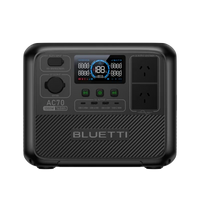
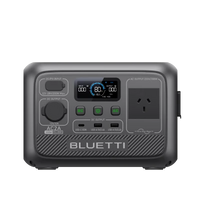
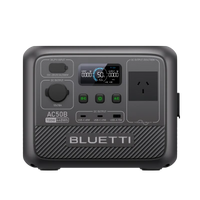

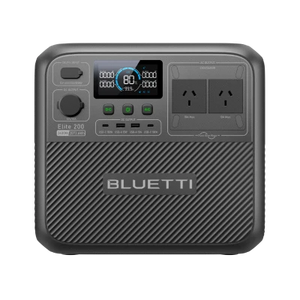
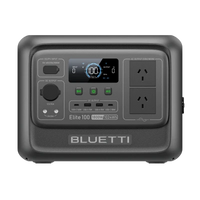
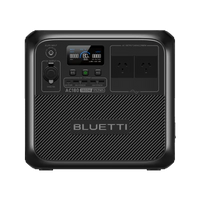
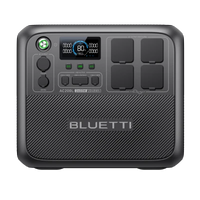
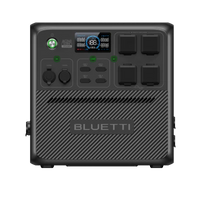
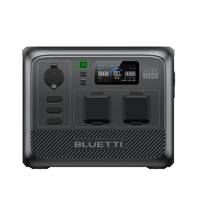
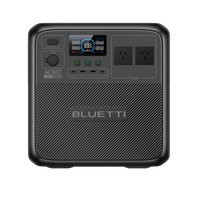


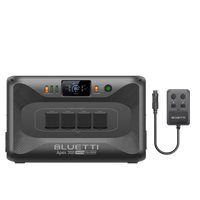

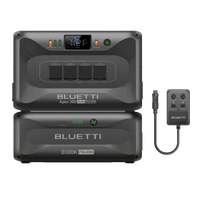
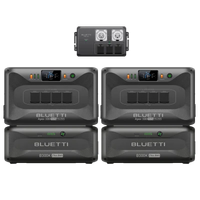
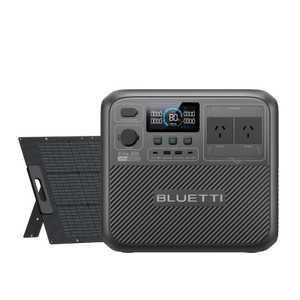
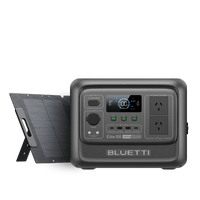
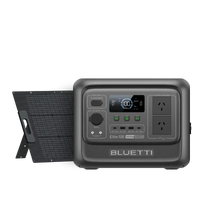
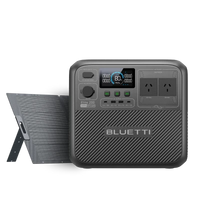
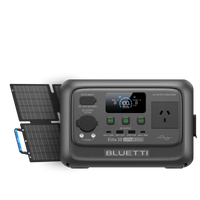
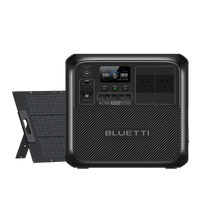
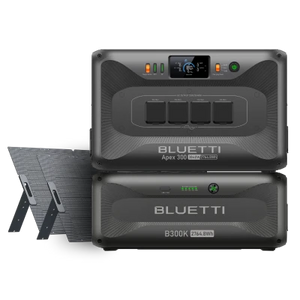
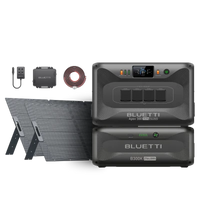
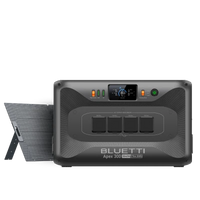
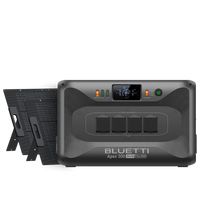
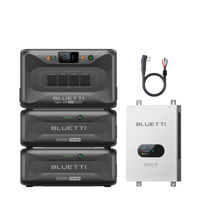

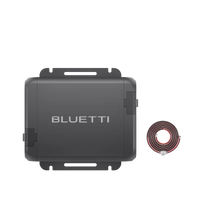
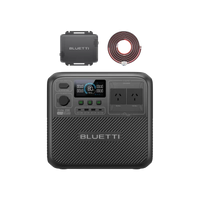
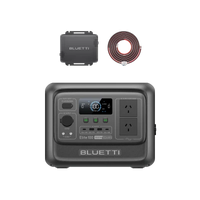
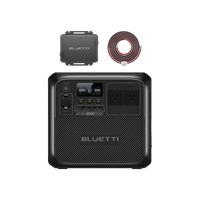
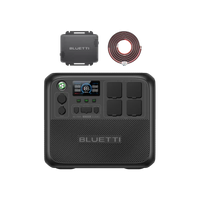
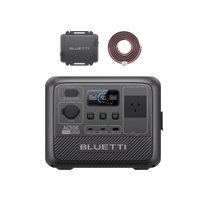
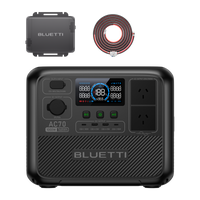



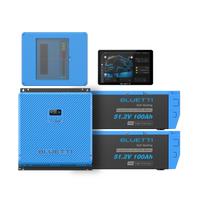
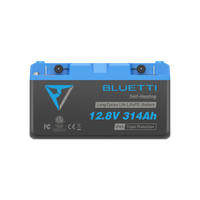
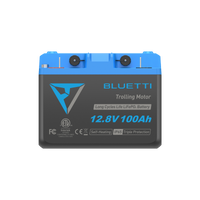
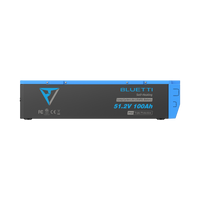
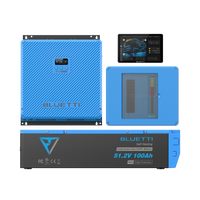
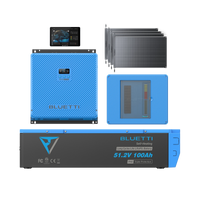
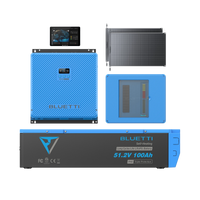
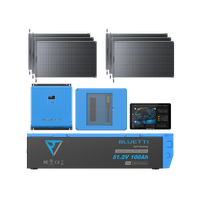
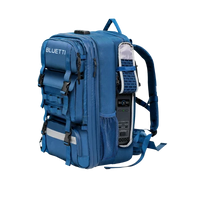
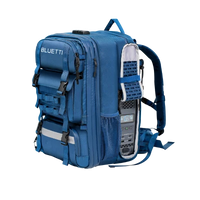


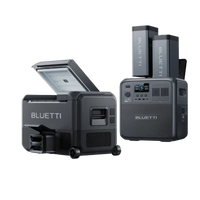
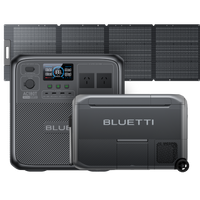
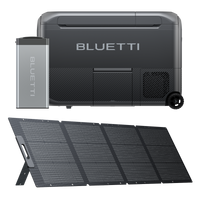




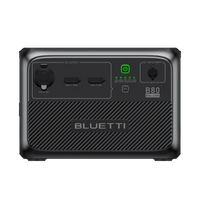
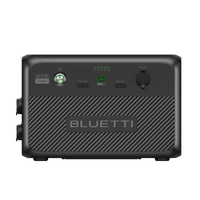

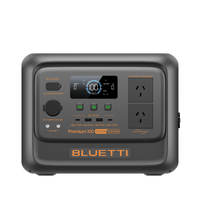
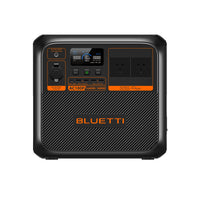

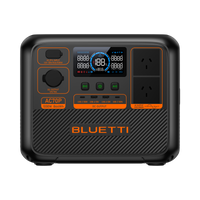
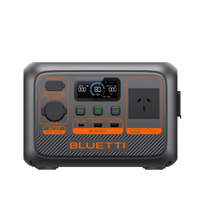
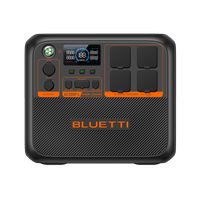
![[Phased Out] BLUETTI B80P Expansion Battery | 806Wh](http://www.bluettipower.com.au/cdn/shop/files/202310025B80P_2000-2000px_4_4caa0c1c-4dab-4272-9e9b-2b7507e5bd81.jpg?v=1713777870&width=200)
![[Phased Out] BLUETTI B210P Expansion Battery | 2,150Wh](http://www.bluettipower.com.au/cdn/shop/files/2_08cf9ef3-03a4-4489-b641-d3edb8094896.webp?v=1716016566&width=200)
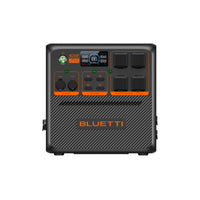
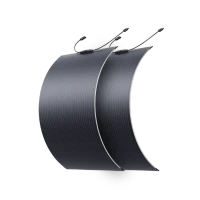
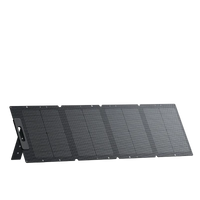
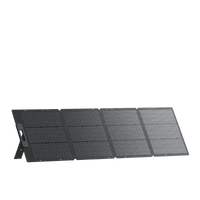
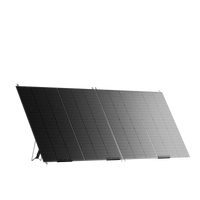

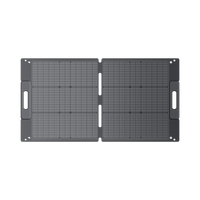

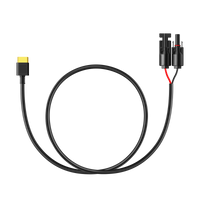
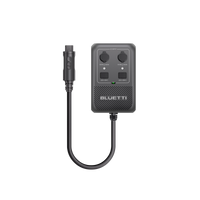
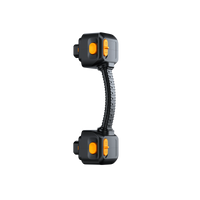
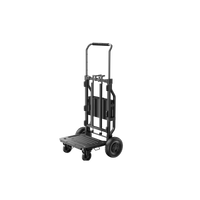
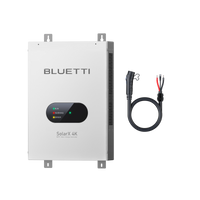
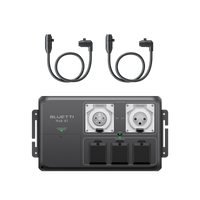
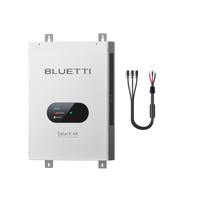
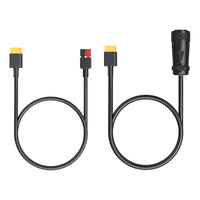
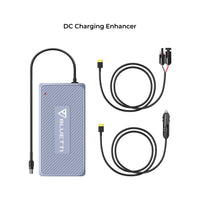

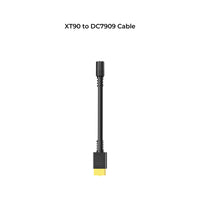
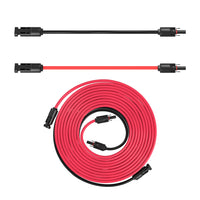
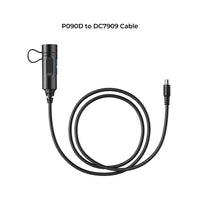
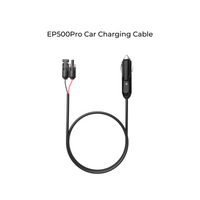
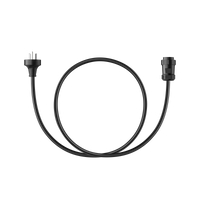
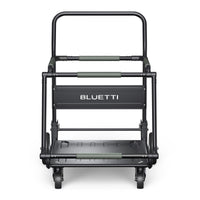
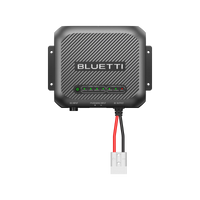
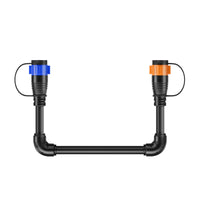



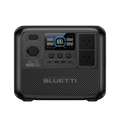
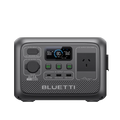
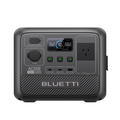


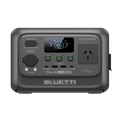
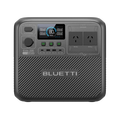
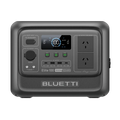
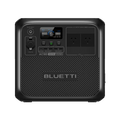
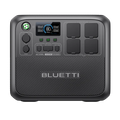
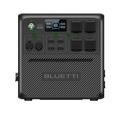
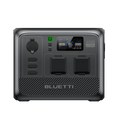
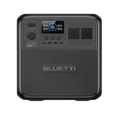


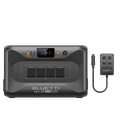

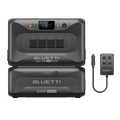
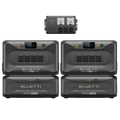




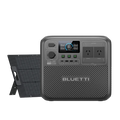
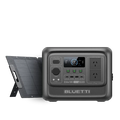
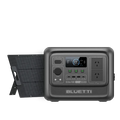
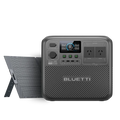
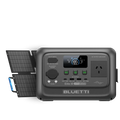
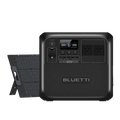
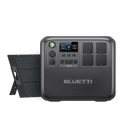
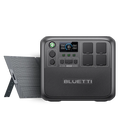




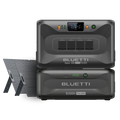
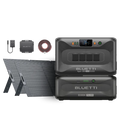
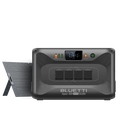
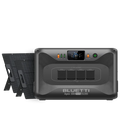
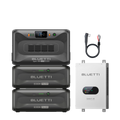



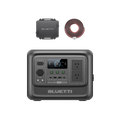
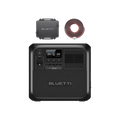


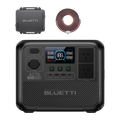











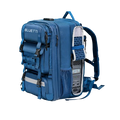


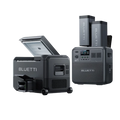
















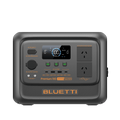
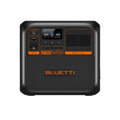

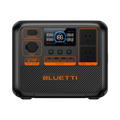
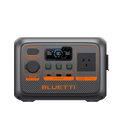
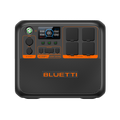
![[Phased Out] BLUETTI B80P Expansion Battery | 806Wh](http://www.bluettipower.com.au/cdn/shop/files/202310025B80P_2000-2000px_4_4caa0c1c-4dab-4272-9e9b-2b7507e5bd81.jpg?v=1713777870&width=120)
![[Phased Out] BLUETTI B210P Expansion Battery | 2,150Wh](http://www.bluettipower.com.au/cdn/shop/files/2_08cf9ef3-03a4-4489-b641-d3edb8094896.webp?v=1716016566&width=120)
